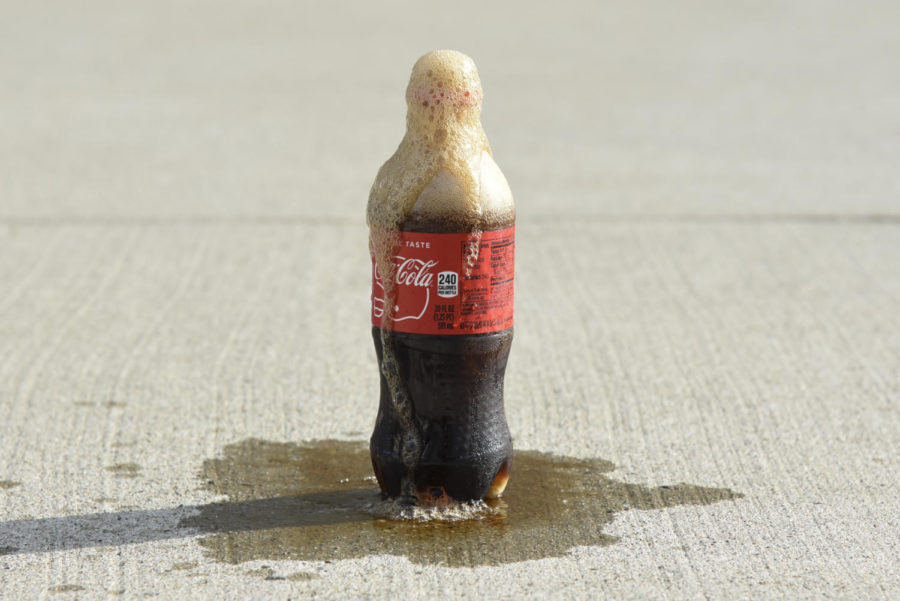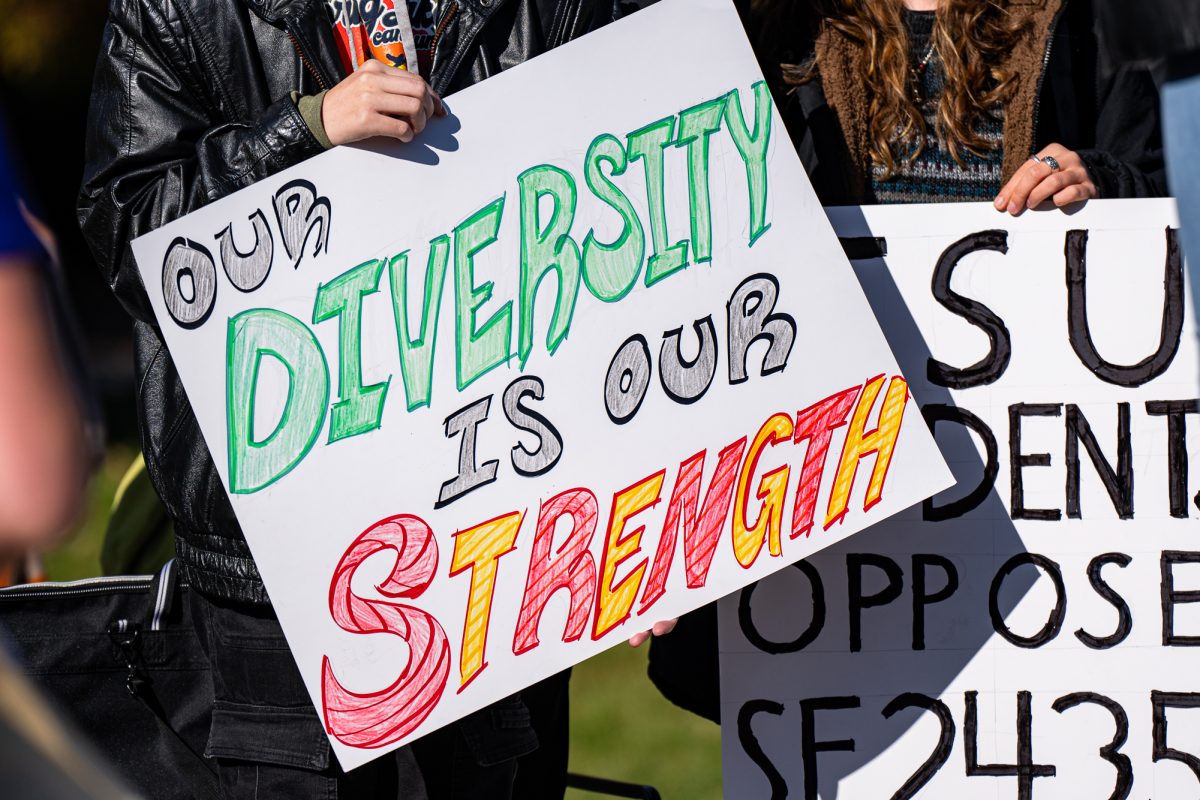On the Internet, the most inane and frivolous topics can generate the most exchange. For instance, a fight erupted online this past week regarding SNAP benefits. More specifically, the debate centered around the use of benefits for things like soda. The battle took place on X, formerly Twitter, and was fought by various internet personalities and anonymous characters. Obviously, the only correct and rational answer is that people should not be using other people’s earned money for treats. Any notion to the contrary feels almost fantastical, yet here we all are.
The online spat over using SNAP for soda, while trivial, still highlights a major issue today regarding benefits in general. There are two sides to the present issue of benefits. On the one hand, a distorted view of federal benefits has infiltrated the minds of many well-meaning people with invasive ferocity like facehuggers from Alien. Erroneous conceptions of compassion simmer inside before taking on a life of their own and successfully wreaking havoc. When this happens, almost no one is spared, and everyone is afflicted.
On the other hand, federalizing these programs has masterfully built an entitlement mentality. It is very easy to take the money of people whom you do not know. This only gets easier when others tell you that you are a victim, you have been exploited, others got rich by making you poor, and thus, you are entitled to other people’s money or services. The impersonal nature of federal benefits has created the welfare monster.
The prevailing issues are vast. They center around confusing what actually has good results for society and what merely involves good intentions. One only needs to look at the platform of any national candidate or turn on any congressional appropriations hearing in recent memory to see the problematic attitudes regarding entitlements. Eternally maintaining and sustaining federal programs like Medicaid or SNAP is just assumed, never questioned. To the dismay of people appreciative of localization, incessantly preserving federal programs is perhaps the most bipartisan position for national parties today. They fight over who loves welfare more and who will procure more money for the voters.
The problem with this mindset is that it does not orient anybody toward a better life. It totally disregards the fact that what people need to improve their lives is not money the federal government obtained from bonds or taxes. Free soda is not what our goal should be.
The idea that a social safety net should involve the indiscriminate surrendering of money is preposterous. Benefits are not some sacrificial offering. They should not involve the unconditional bankrolling of others. An endless stream of gratuitous money will almost always cripple a beneficiary’s mind and spirit.
True compassion aims to help someone flourish. Merely receiving money is not flourishing. To prosper, an individual should seek to fulfill their duties and obligations and become contributing members of society. They should strive to leave a lasting and heartfelt imprint on others. These things are done through work, volunteering, or community engagement. Yet, there are no expectations of these acts or deeds if the relationship is diluted to just take, take, take.
So, we now find ourselves in de Tocqueville’s nightmare. His prognostication that democracy will last until the public discovers they can use the ballot box to bring themselves money has not merely been vindicated but hailed as some triumph for America. While writing this column, I was fittingly interrupted by a text from a random Iowa advocacy group that would like to compel taxpayers to fund nicotine alternatives. They wanted me to sign their petition. I did not. The level of complete and utter entitlement undergirding these warped notions that people should be subsidized limitlessly is jaw-dropping. The fact that on the top political social media platform the point of disagreement is what to use SNAP benefits for and not the SNAP benefits themselves truly exposes the psychological backwardness of current politics.







